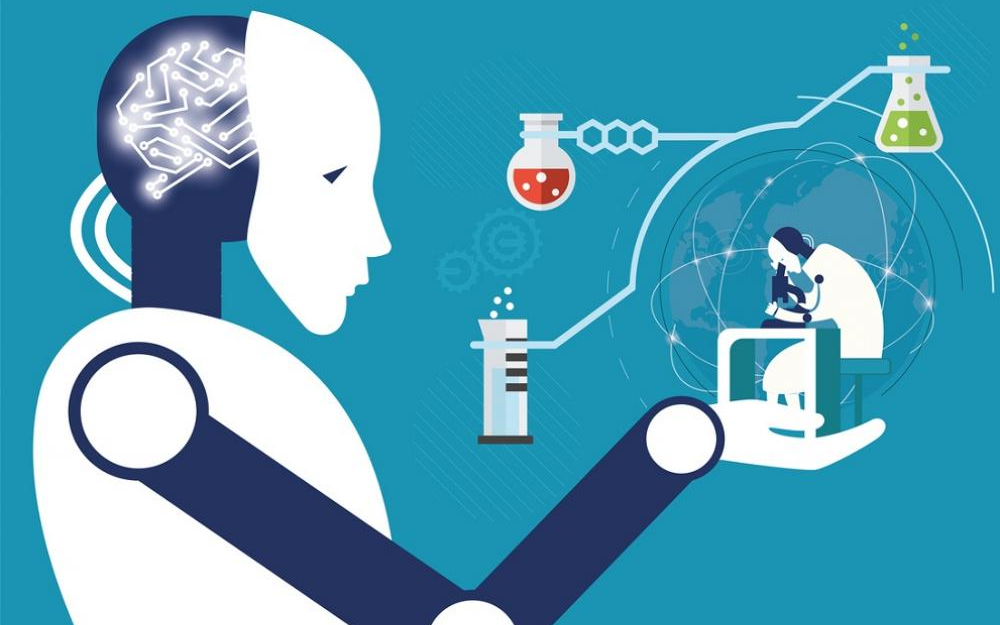AI leverages unstructured data to accelerate drug development
By April Lara
August 22, 2024

Photo of AI in pharma
Artificial Intelligence (AI) is transforming the pharma industry, speeding up drug discovery and development processes that will change healthcare for the better. Companies and researchers are unlocking new ways to create treatments for a wide range of diseases by taking advantage of advanced algorithms and vast datasets.
One of the challenges in drug discovery is the abundance of unstructured data. Around 80% of all data necessary in life sciences is held in this format, which makes it difficult to access and analyse.
Companies like Linguamatics are addressing this challenge through Natural Language Processing (NLP) tools and technologies in the pharma industry. These can extract valuable information from unstructured text, allowing researchers to identify potential drug targets, analyse clinical trial results, and speed up the drug discovery process.
“It brings kind of deterministic white box natural language processing where there are rules you can build, examine, and audit ontologies and vocabularies that you can use,” according to Jane Reed, director of life sciences at Linguamatics.
Pfizer is using their NLP to provide an agile text mining platform for questing large external document collections, extracting relevant facts, relationships and numerical information. This helps streamline the drug discovery process and allows Pfizer’s researchers to identify potential drug targets, analyse clinical trial results, and accelerate the development of new treatments.
Beyond NLP, AI is also being used to design new molecules, optimise drug candidates, and predict clinical outcomes. Companies like Recursion Pharmaceuticals and Exscientia are leading the charge in AI-driven drug discovery. Novo Nordisk also announced earlier this year that they are building a new AI-based research facility in London. The facility aims to advance drug discovery operations by using AI to create and apply new potential drug candidates.
Researchers at the University of Cambridge also made significant contributions by developing an AI-based strategy to identify compounds that block the clumping of alpha-synuclein, a protein associated with Parkinson’s disease. The research shows the potential of AI to accelerate drug discovery for neurological conditions.
Artificial intelligence is not just reshaping the pharmaceutical industry—it's rewriting the rules of drug discovery.







.png)